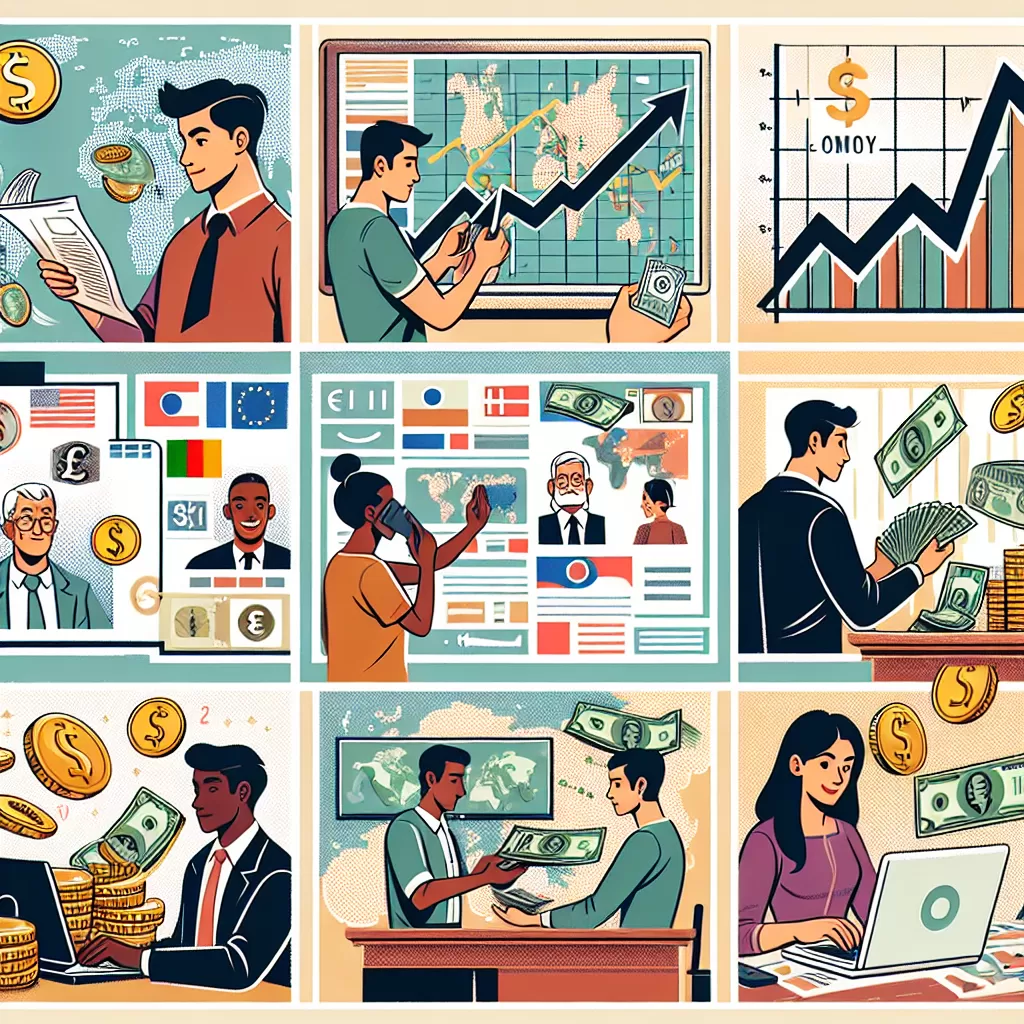How To Know When To Exchange Currency
Follow Currency Mart April 10, 2024
Where to purchase Foreign Currencies?

Understanding the Basics of Currency Exchange
Navigating the labyrinth of currency exchange can seem daunting. But worry not, as understanding the basic principles is the key to mastering this art. The first thing to comprehend is that currencies fluctuate on a daily basis. This constant shift is influenced by economic indicators such as inflation rates, political instability, and interest rates, among others. Keeping abreast of global news and economic trends will provide insight into currency behaviors and inform your exchange decisions. Currency exchange isn’t limited to banks and bureaus de change. Online platforms have revolutionized the way we exchange currency, offering competitive rates and convenience. Take time to research and understand how these platforms work to effectively use them to your advantage.Knowing the Best Time to Exchange Currency
Timing is everything when it comes to currency exchange. The natural fluctuations in the value of currency mean that there can be significant differences in the amount of foreign currency you receive from one day to another. This is why it's essential to monitor currency trends and forecasts. Economic calendars can be a valuable tool for this, highlighting key dates like central bank meetings or government reports that could affect the value of a currency. Exchange when the Canadian dollar is strong, particularly against the currency you want to convert it to.Exploring Online Currency Exchange Options
In the digital age, online platforms offer a modern and convenient option for currency exchange. Sites such as TransferWise, OFX, and CurrencyFair provide faster, cheaper services compared to traditional banks. In fact, they also allow users to set 'rate alerts' which notify you when a currency hits your preferred exchange rate. This feature can be extremely valuable in managing your exchange.Minimizing Exchange Fees
Potentially high service fees are an unfortunate reality of currency exchange. These can eat into the total amount you receive after an exchange. However, there are ways to minimize, if not completely eliminate these charges. Banks often have the highest fees, so consider alternatives like credit unions or online platforms. Furthermore, some platforms allow for a 'peer-to-peer' exchange, effectively cutting out the middleman and ensuring you get more from your hard-earned money. It's also sensible to exchange larger amounts at once to benefit from better rates and lower transaction fees.Optimizing Credit Card Usage
Credit cards can be a useful tool in currency exchange, offering competitive exchange rates. However, foreign transaction fees may apply. Choosing a card without such charges can save you substantial amounts in the long run. Often, paying in the local currency rather than your home currency when travelling can save you from the 'dynamic currency conversion' fees which are generally higher.Final Words
Understanding when to exchange currency can seem complex, but with careful research and consideration, it is possible to navigate the world of currency exchange with confidence. Staying informed on market trends, exploring online exchange platforms, minimizing fees, and optimizing credit card usage are just some methods to ensure you get the most from your currency exchange.
Where to purchase Foreign Currencies?